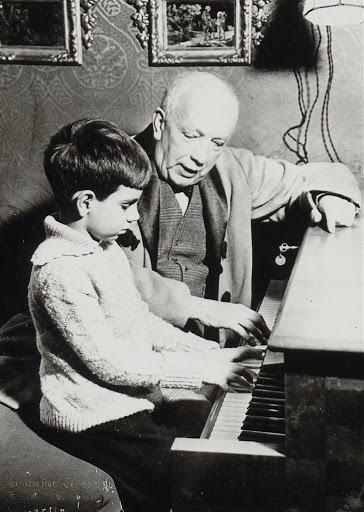Just in: BBC Radio 3 is ordered to be ‘more different’ from Classic FM
mainA series of edicts have come down from the BBC Trust today on the positioning of its radio stations. The most radical is a drastic cut to live music output on Radio 1.
Classical Radio 3 escapes fairly unscathed except for a stipulation that it should make its output more recognisable:
Radio 3’s distinctiveness from commercial station Classic FM has also been debated extensively. While Radio 3 overall is a distinctive station, in terms of its approach to classical music and mix of other programming, there are some parts of the schedule where similarities exist. Radio 3 should seek to increase choice for radio listeners by minimising any programmes and features that are similar to Classic FM’s. It should focus on its strengths, by maximising its distinctiveness across its whole output, without sacrificing the combination of expertise and accessibility that has been achieved in recent years.
The Trust also called for a small cut in drama on Radio 3.
Full report here.






Comments